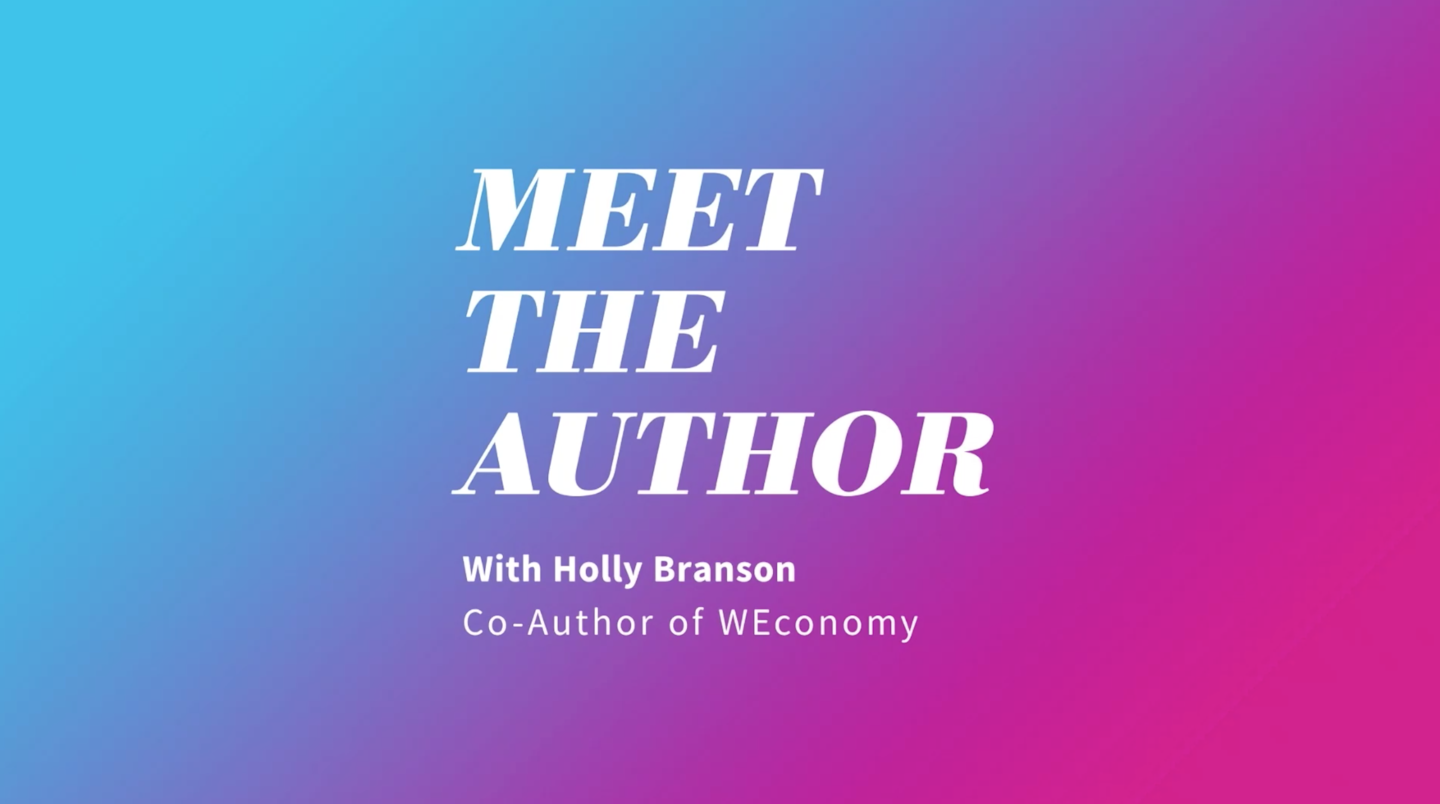10 actions to become anti-racist
“There will be some uncomfortable moments, but getting comfortable with being uncomfortable is a major first step in making a real difference.” – June Sarpong
June Sarpong is one of the brightest and most passionate social activists I know. I met June in 2018 to discuss her book ‘Diversify: Six degrees of integration in a Meet The Author interview. I was blown away by her energy, openness and her relentless efforts to educate and challenge people about diversity and what it means to be ‘other’. What I loved about June’s book is how she sets out the case for a unified, inclusive world, where we all celebrate our differences, rather than fear them, and the huge positive social and economic impact that would bring. June paints a picture of an inclusive, fair and equal world that we should all strive to achieve. With her drive, passion and informed positivity, it unsurprising that after our very first meeting, I knew I had made a friend for life.
Following the murder of George Floyd and the Black Lives Matter protests, June published a book that she had written a couple of years ago, updated to reflect 2020 the timing of this book could not be more apt and more needed: The Power of Privilege: How White People Can Challenge Racism. I read it cover to cover in a matter of days - determined to become a better ally and understand the roots of white privilege and systemic inequalities.
It is such an eye-opening read, easily digestible and containing so many tips and actions that we can all learn from, I just had to set up another Meet the Author interview with June to discuss the book in more detail. We ended up having an empowering conversation about how we can all become anti-racist and get more comfortable with being uncomfortable.
What I love about June’s writing is the way she breaks down complex issues and offers simple yet powerful solutions that everyone can take on-board. In The Power of Privilege, June shares 10 ways to be actively anti-racist and become a better ally:
Achieve awareness.
Make a small step with a big footprint.
Build sustainable inclusivity – our actions and efforts can’t just be an afterthought.
Do the ‘white-right’ thing – understand your privilege and how it might be complicit with systemic racism.
Educate yourself about the past.
Create a level playing field for women of colour.
Make a bigger pie – invest in everybody and help everybody fulfil their potential.
Be an ally, inspire more allies.
Redefine what it means to win – we all benefit from equality.
Act now.
I found the fifth action point particularly interesting. By looking through history and understanding how we arrived at this point, we can better understand why systemic racism exists. As June says: “When we understand the reason, we’ll do things differently.”
June and I also discussed the essential role that businesses and workplaces play in addressing these issues. From inclusive recruitment practices, to encouraging open conversations, facilitating career progression, and fostering diverse talent – businesses have great capacity and responsibility to break down barriers faced by people from underrepresented backgrounds in all aspects of their lives. June also shared a concerning insight about entrepreneurship in the US, where Black women are the fastest growing entrepreneurship group, but are given the least amount of support. We ended the interview with a quote from the geneticist Spencer Wells, who said:
“It’s worth getting the message out, that we are related to one another, that we are much more closely related genetically than people may suspect from glancing around and looking at these surface features that distinguish us. Race, in terms of deep-seated biological differences, doesn’t exist scientifically.”
We are all closer than we might think, and we all have a role in challenging racism. Equality benefits everybody, and I’d like to thank June for the wonderful reminder.






